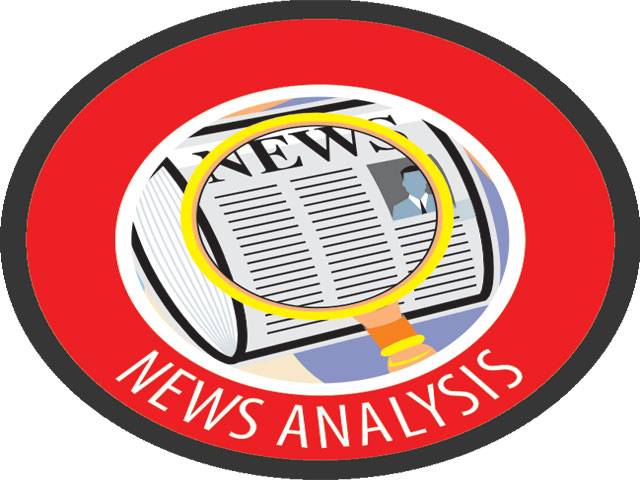ISLAMABAD - The government’s one-time conditional permission to the former prime minister Nawaz Sharif for four-week to travel for crucial medical check-up abroad is an expression of Prime Minister Imran Khan’s anti-graft policy and a clear message to his party workers.
Imran Khan, who is blamed by political opponents as U-Turn Prime Minister, must have taken this difficult decision after giving deeper thoughts to Nawaz Sharif’s request.
Politically, this is one of the difficult decisions of Prime Minister Khan and his ruling party because of far reaching political implications.
Khan had to conduct voting during his cabinet meeting over Nawaz Sharif’s request seeking removal of his name from the Exit Control List (ECL).
The move of the Prime Minister to take decision by voting among his cabinet colleagues is believed to have been out of his compulsion as some ministers and advisors from PTI opposed to give a free hand to Nawaz Sharif. They were of the view that it was a political and legal issue.
They demanded that the government should attach conditions while allowing Nawaz Sharif to travel abroad for medical check-up otherwise it would send a wrong message to party workers and supporters of Prime Minister Imran Khan.
Interestingly, when the Prime Minister put the issue before the cabinet, majority of the members voted in favour of giving permission to the former prime minister.
This exercise was contrary to the principled decision of the Prime Minister he had taken over Nawaz Sharif’s request. But the situation changed when the issue was brought up for the nod of Federal Cabinet to remove Nawaz Sharif’s name from the ECL.
Announcing the government decision to grant conditional permission to Nawaz Sharif, Federal Minister for Law and Justice Farogh Naseem said this permission will be subject to the Sharif family’s submitting an indemnity bond “to the tune of Rs7-7.5 billion”.
Naseem told a press conference after chairing a consultative meeting of the cabinet’s sub-committee said the permission is “not conditional to anyone’s consent” and has been granted to fulfil the government’s obligations in view of Nawaz Sharif’s “adverse critical medical condition”.
On the other hand, top leadership of Nawaz Sharif’s opposition party Pakistan Muslim League (Nawaz) has rejected the government’s conditional permission and is likely to challenge the government’s decision in court.
Some analysts say Prime Minister Imran Khan’s discretionary but conditional decision is his reassurance to the party workers about his commitment not to show leniency to the looters and plunders of the public money.
They argue that Imran Khan who had verbalized the infamous National Reconciliation Ordinance (NRO) during his election campaign and after coming into power that no NRO would be given to corrupt, for which his party had drawn massive public support in July 2018 elections had to stick to his principled policy position.
National Reconciliation Ordinance (NRO), the infamous regulation was introduced by former military ruler and President General (retd) Pervez Musharraf for wheeling dealing with political opponents.
However, few of analysts believed that the government has taken this decision to pre-empt any adverse fallout of a situation when Nawaz Sharif party moves to a court to challenge the government’s decision and get favourable relief.
They believed that by doing so, the Prime Minister and his ruling party would safely claim before the party workers and supporters despite that it is the court that has allowed Nawaz to travel for immediate medical check up abroad. Let’s wait how the situation unfolds in the wake of this decision and how the ruling party capitalises on its accountability narrative.






